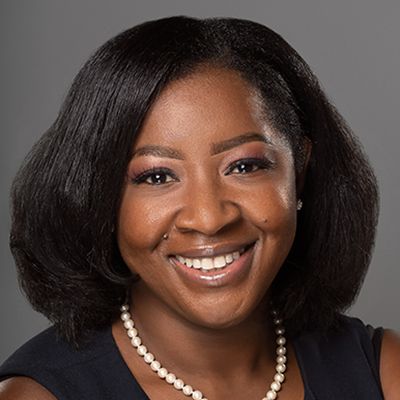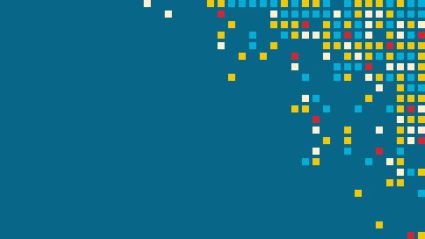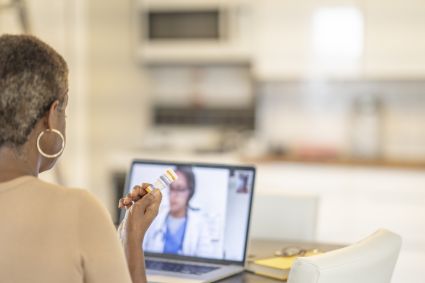FOCUS: Diagnosis (Overdose)
About Sound Life Sciences
Founded in 2018, Sound Life Sciences has developed a proprietary software that converts the phone into a portable respiratory monitor. Patients can use the application to monitor their breathing when engaged in a high-risk opioid use event. The contactless system converts the phone into a short-range active sonar, using frequency shifts to identify respiration depression, apnea, and gross motor movements associated with acute opioid toxicity. The system has been successfully tested in the operating room, where overdose was simulated using routine induction of general anesthesia, and with real-world people who self-inject opioids (n>200). The company is moving the software as a medical device through the FDA 510(k) approval process.
Sound Life Sciences, a winner of NIDA’s “Start a Startup” Challenge, used their award and entrepreneurial coaching from OTIPI to build a startup around a “Batman-esque” app that turns the user’s smartphone into a respiratory monitor that can automatically detect an opioid overdose and call for help. The company’s founders are now investigating whether a smartphone or smart speaker placed by a bedside can be used to monitor for cough and other respiratory indicators of the onset of COVID-19.
Recent Articles
Alexa, Do I Have Coronavirus? There’s a way to bring in big tech without compromising our privacy
by Jacob Sunshine and Shyam Gollakota






